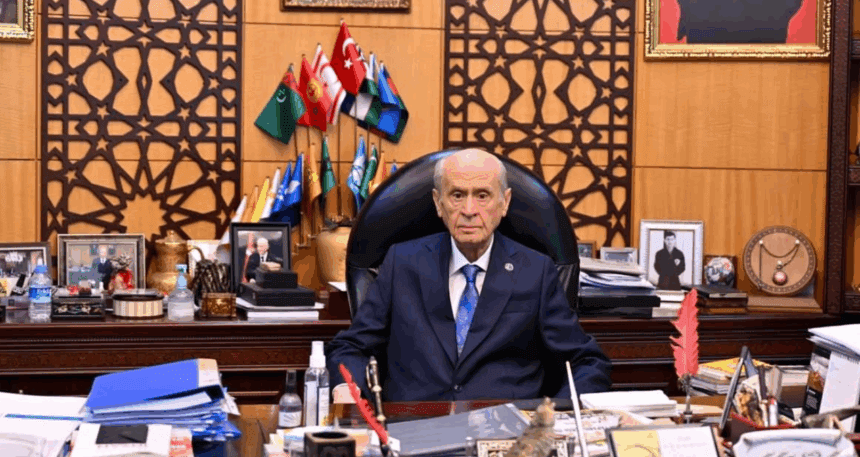Nationalist Movement Party (MHP) leader Devlet Bahçeli escalated his hard line on digital platforms, declaring that “the roots of social media should be eradicated” and adding, “If it were up to me, I would shut it all down within half an hour.” The remarks, given to the pro-government daily Sabah and echoed across Turkish outlets on Sept. 12, came alongside a pledge that his party would back President Recep Tayyip Erdoğan if he seeks to continue in office after 2028.
Bahçeli framed his partnership with Erdoğan’s AKP as rooted in “respect for the office,” not personal friendship, and said MHP would give “full support” to another Erdoğan run. Turkey’s 2017 constitutional overhaul limits presidents to two five-year terms (Art. 101). A third candidacy is only possible if parliament triggers early elections during the incumbent’s second term (Art. 116). On a plain reading, Erdoğan reaches the limit in 2028 unless the early-election exception is used or the law is changed.
This isn’t the first time Bahçeli has floated an off-ramp: in Nov. 2024 he publicly suggested a constitutional amendment enabling Erdoğan to run again; in May 2025, Erdoğan tapped legal experts to draft a new charter—moves critics read as term-extension pathways.
The comments arrive as authorities clamp down on the main opposition CHP’s İstanbul branch. After an İstanbul court suspended the elected provincial leadership and installed former CHP heavyweight Gürsel Tekin as trustee, riot police used pepper spray to escort him into the party HQ on Sept. 8. A separate Ankara court later rejected a related bid to annul the 2023 provincial congress, and the CHP has moved to lift the trustee order—leaving a tangle of overlapping cases.
Connectivity was also affected, as several news outlets reported nationwide restrictions on major platforms the same night as the İstanbul standoff, which aligns with Turkey’s tendency to limit access during critical events.



